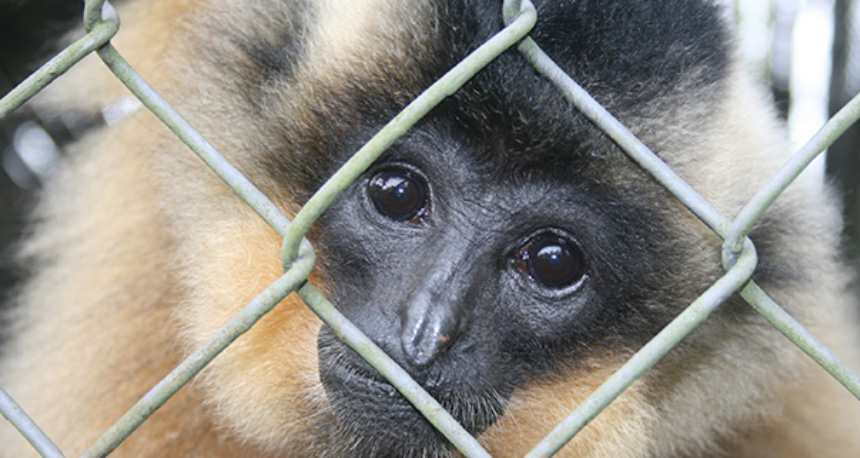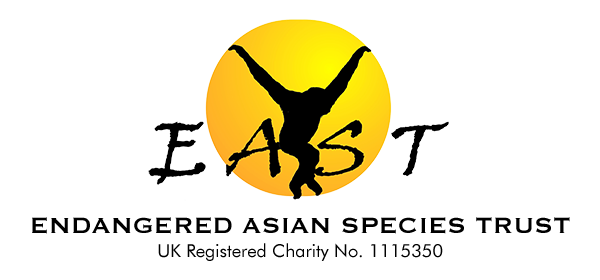
How Rehabilitation Centres Help
Growing national and international trades has led to increased commercial hunting in Vietnam. Primates are hunted for food, traditional medicines and the pet trade. The pressure of intense hunting is not sustainable with slow-reproducing primates. It is causing a rapid decline for many species.
Despite being illegal since 1992, hunting is still the most immediate threat to endangered wildlife in Vietnam.
 Growing national and international trades has led to increased commercial hunting in Vietnam. Primates are hunted for food, traditional medicines and the pet trade. The pressure of intense hunting is not sustainable with slow-reproducing primates. It is causing a rapid decline for many species.
Growing national and international trades has led to increased commercial hunting in Vietnam. Primates are hunted for food, traditional medicines and the pet trade. The pressure of intense hunting is not sustainable with slow-reproducing primates. It is causing a rapid decline for many species.
In 1992, Vietnam joined the Convention on International Trade in Endangered Species (CITES) to help tackle illegal hunting.
For the Vietnamese Forestry Protection Department to enforce the laws, they need support in the management of confiscated individuals.
![]() The Dao Tien Endangered Primate Species Centre aims to assist the Forestry Protection Department in Vietnam by:
The Dao Tien Endangered Primate Species Centre aims to assist the Forestry Protection Department in Vietnam by:
- Offering an international standard of care for rescued primates.
- Establishing Health Assessment rules with suitable quarantine procedures (this means more primates have a chance of returning to the wild without unnecessary risks to wild populations through introducing disease).
- Tracking primates after their release to increase the amount of information on primate reintroductions. This will give the highest chance of survival for animals released in the future.
- Creating guidelines. These will give released primates the best chance of establishing territories and long-term survival.
